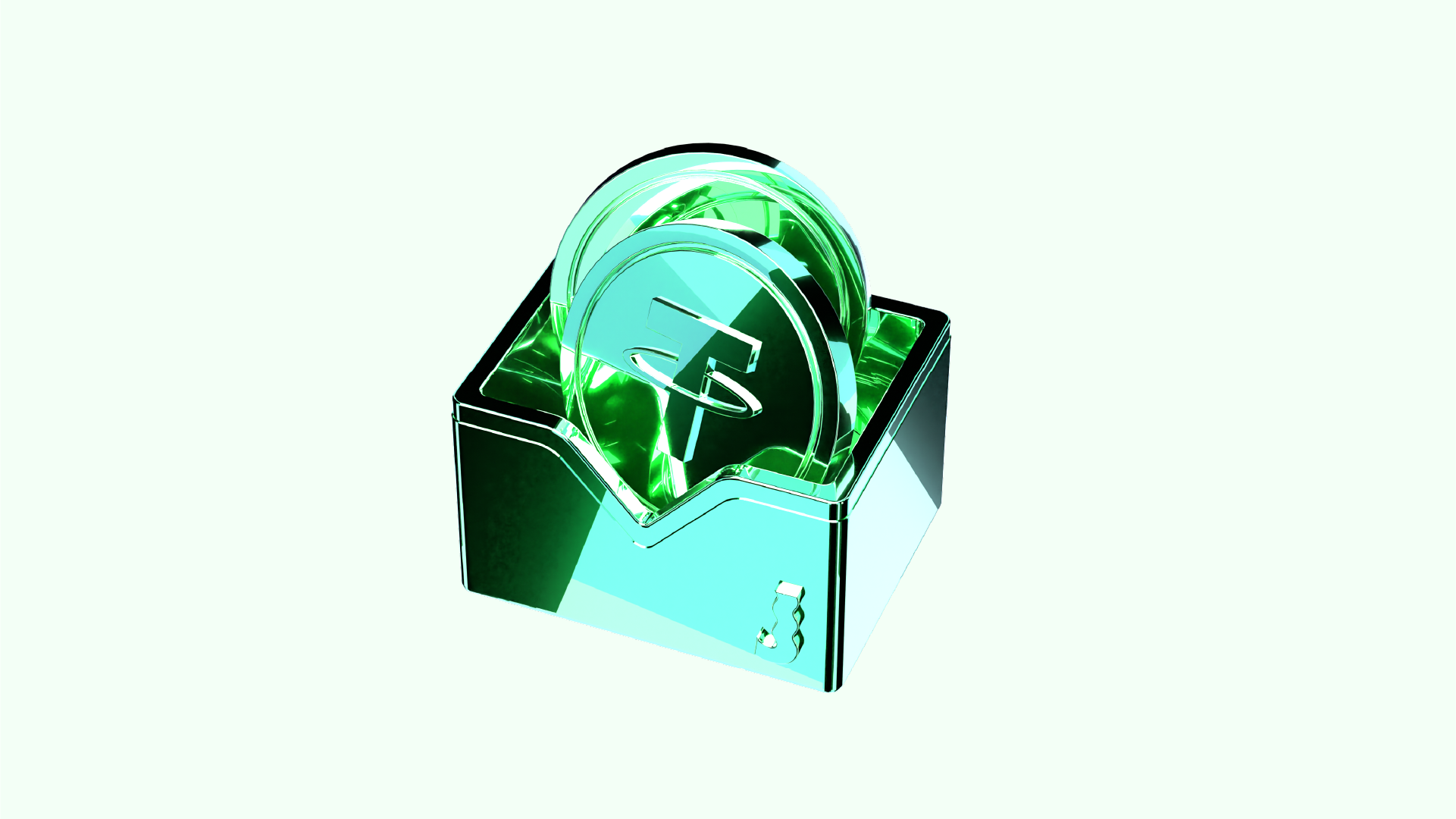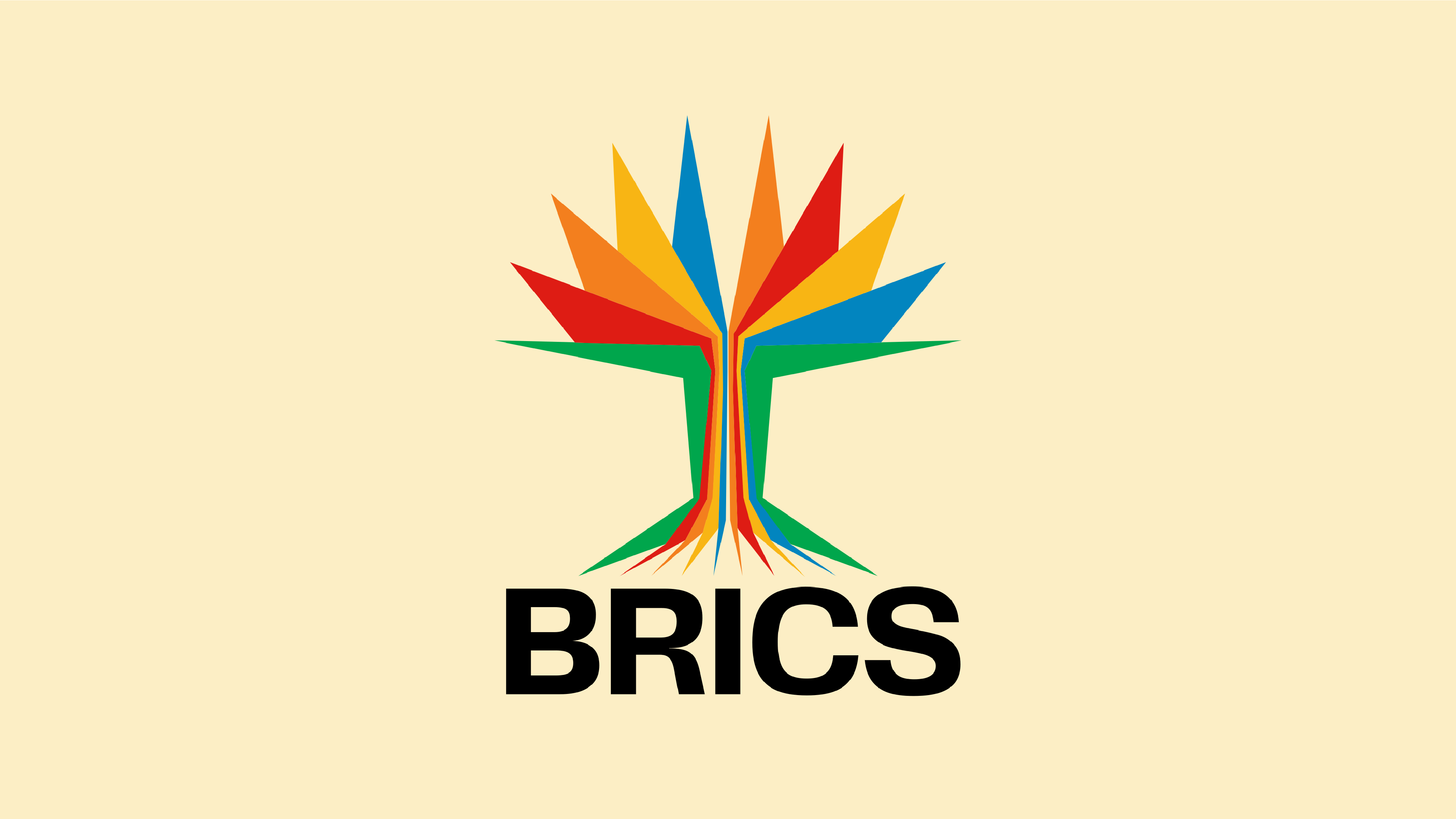In a year where nearly half of Africa’s currencies are expected to weaken against the dollar, Nigeria is making a $500 million statement.
But this is no ordinary aid cheque. It’s a wager. A vision. A calculated act of leadership in a moment when the financial scaffolding of much of the continent is cracking under geopolitical tension, global rate hikes, and fragile local fundamentals.
According to the African Development Bank, at least 23 of Africa’s 54 countries are on track for significant currency depreciation in 2025. Among them: Malawi, Ghana, Rwanda, and even resource-rich Angola. For citizens, this means a harsher cost of living. For governments, tighter import bills. For businesses, thinner margins and rising uncertainty. And yet, amid this storm, Nigeria steps forward—not just to secure its place at the table, but to help set it.
The $500 million pledge to the African Development Fund isn’t charity. It’s strategy.
It comes alongside an AfDB-led effort to raise $2.2 billion for Special Agro-Industrial Processing Zones (SAPZs), a project poised to transform Nigeria’s agricultural backbone. That includes food security, job creation, and export optimization across 28 states. But perhaps more importantly, it signals belief in a future where African nations drive their own development.
And timing is everything.
After years of monetary missteps and volatile policy pivots, Nigeria is trying to reframe its role as a stabilizing force in a deeply unsettled financial landscape, as well as Africa’s largest economy by GDP. The naira’s steep depreciation in 2023 may have rattled markets, but its unification policy earned the attention of international institutions and diaspora investors alike. Hard lessons, yes—but also hard pivots.
Yet the broader canvas is more complicated.
Africa’s financial fragility is being tested not only by global rate environments and commodity pressures, but by the dollar’s outsized gravitational pull. When the U.S. Fed sneezes, many African currencies catch a cold. That’s what makes the AfDB’s latest proposal so intriguing: a new financial instrument, a kind of “new gold standard” for Africa, backed by minerals. Lithium, cobalt, rare earths. Resources the world needs that fortunately Africa has.
Dubbed the African Unit of Account (AUA), this new settlement tool aims to unlock billions in green investment, reduce dependency on the dollar, and shield intra-African trade from convertibility constraints. It's not a circulating currency, but it could be a circulating idea. An idea powerful enough to reshape how Africa funds its future.
Nigeria, as a top backer of the AfDB and an early proponent of the AUA framework, is clearly betting on it.
Nigeria Trust Fund: Past and Present
Nigeria’s $500 million commitment isn’t the country’s first major contribution to African development finance. Back in 1976, Nigeria set up the Nigeria Trust Fund (NTF) with $100 million to provide concessional loans to Africa’s poorest countries through the African Development Bank.
While the NTF still operates today, this new $500 million pledge appears to be separate, not a direct increase to the fund. It may signal a new strategy for Nigeria to strengthen its role in Africa’s development amid current economic challenges.
Unlike the NTF’s earlier era of oil-driven optimism, today’s commitments come at a time of tighter budgets and greater financial uncertainty. This move could mark a shift toward a more active leadership role for Nigeria in Africa’s economic future.
The rhetoric of “Africa rising” has long been burdened by cliché. But when the continent’s largest democracy makes a $500 million move (amid FX chaos, inflation, and sluggish recovery), it demands attention.
This is about influence and intent.
The question now: Will others follow?






